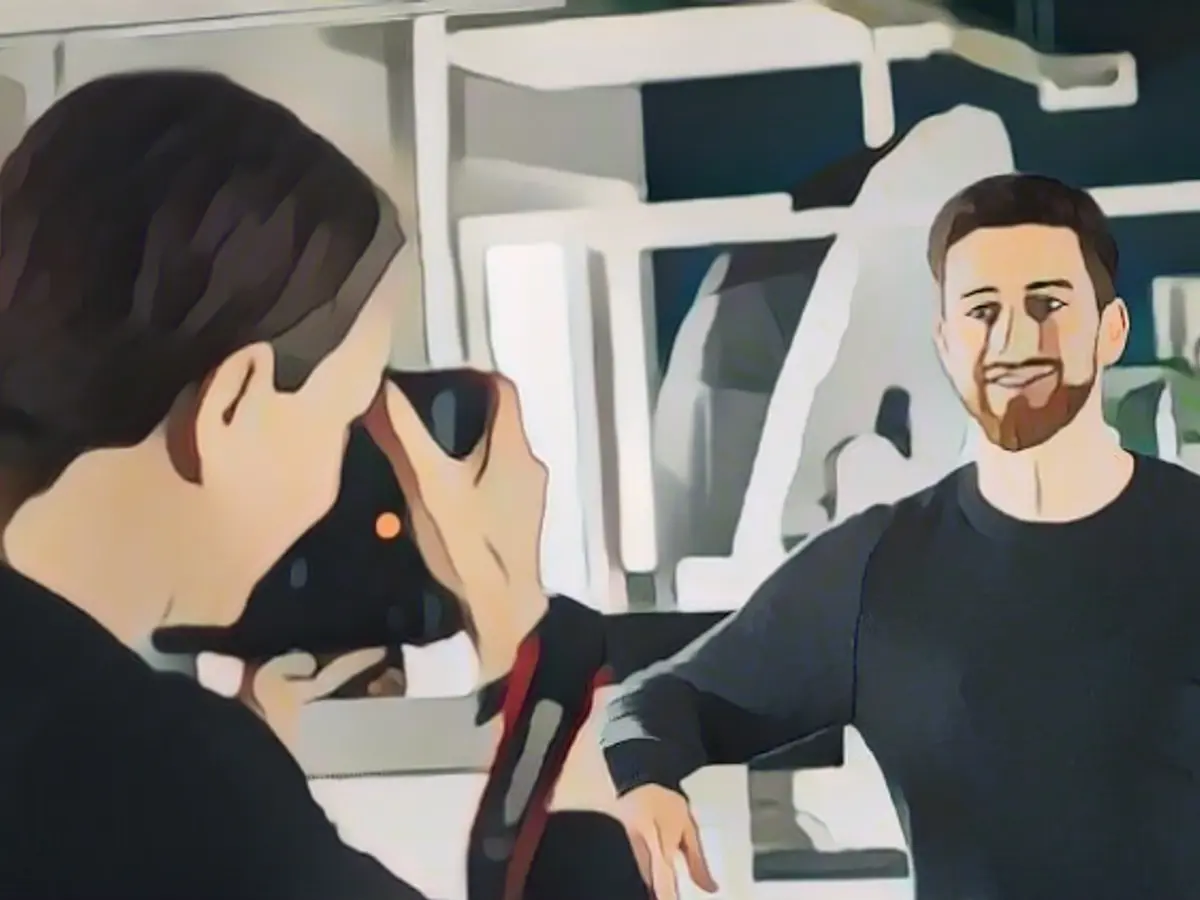When are employers allowed to publish employee photos?
On social media platforms, company websites and in brochures: Companies like to share pictures of their employees. What happens if employees don't want this?
Company outings, trade fair appearances or simply an insight into the hustle and bustle of working life in the office or workshop: There are always occasions for photos in companies. Reasons to share them, too - for example, to convey positive impressions to potential applicants or customers. But employees don't always want to be seen on the internet. So the question arises: can employers publish photos of employees on social media platforms without their consent?
The clear answer: no. As soon as employees are recognizable in the photos, the employer must obtain the consent of those depicted to publish the photos. And this must be done in writing or in electronic form, i.e. by email, explains Peter Meyer, specialist lawyer for employment law. "Verbally is generally not enough."
This also applies if the employer wants to publish employee photos on the company website, for example with the employee's contact details. If they do not want to be shown here with a photo, employees could refuse to give their consent.
End of job: remove employee photo from website
Exceptions are conceivable depending on the employee's position. For example, when it comes to employees in public relations or social media. "Then it's their job to be visible on social media," says Meyer. But all employees who do not actually have this direct customer contact and for whom it is not important for work activities, for the product or for the service whether they are visible with a picture, could say: "I don't want that."
And even if you have originally agreed to your photo being used, you can withdraw your consent at any time, says Meyer. If you leave the company, you also have the right to have your employee photo removed from the company website.
However, when it comes to the fact that printed company brochures in which you are photographed should no longer be used, it is a question of proportionality, according to Meyer. This is because the duty of loyalty to the employer under Section 241 of the German Civil Code also plays a role here. "And the employee's interest in having their picture removed can take a back seat to the employer's interest, who would otherwise have to pay a lot of money to take down the brochure."
Peter Meyer is a specialist lawyer for employment law and a member of the Executive Committee of the Employment Law Working Group of the German Bar Association (DAV).
Read also:
- In the context of labor law, employers must obtain written or electronic consent from employees before publishing their photos on company websites, even if the photos were taken during company events or for promotional purposes.
- If an employee holds a position in public relations or social media, their job may require them to maintain a visible online presence, but they still have the right to refuse to be photographed or to withdraw their consent at any time.
- An employee who has agreed to have their photo used in a company brochure may not have the right to demand its removal if the cost of reprinting or disposing of the brochures would be disproportionately high, according to legal advisor Peter Meyer.
Source: www.ntv.de







